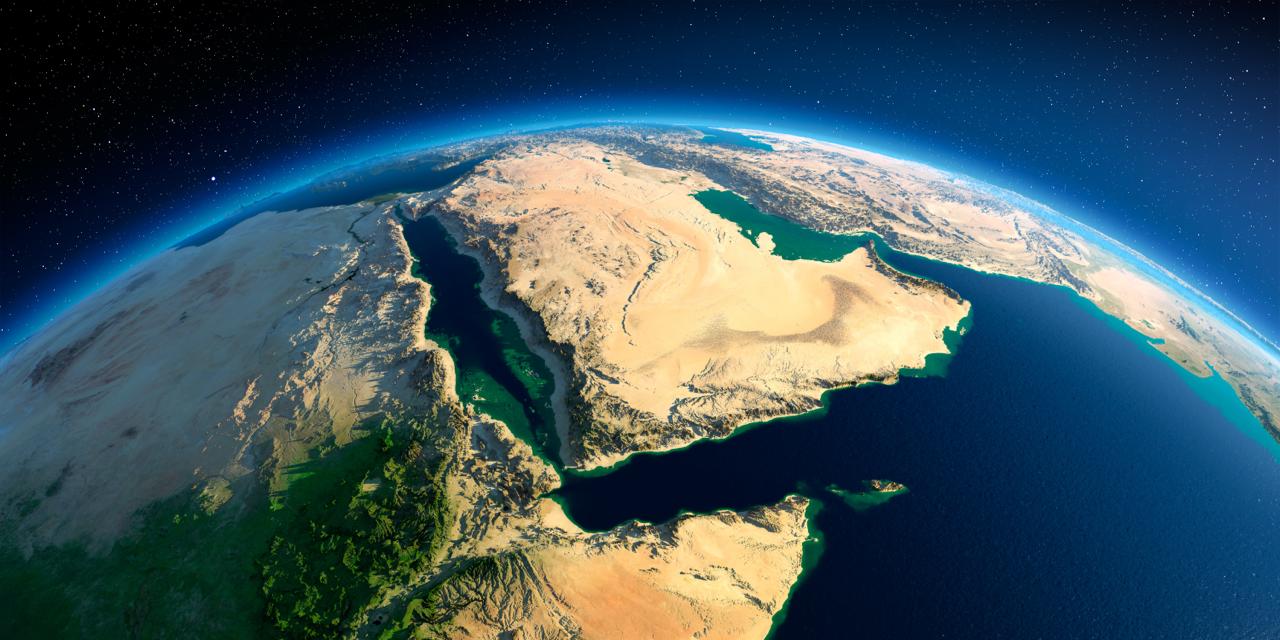If you run a successful business, you are more likely going to consider expanding it. A successful company typically expands after it reaches a point of growth where it is actively seeking out additional opportunities to generate more profits. However, the word ‘expansion’ comes in different forms; it can include purchasing new assets, hiring more personnel, increasing advertising and launching more marketing campaigns, providing a wider range of products and services, or entering new markets in unknown unexplored territory. Despite the numerous challenges and risks decision makers could face in their endeavors of expansion by setting up new branches and sites, there is countless potential that are ready to be unlocked once a new market is available after expansion. A huge factor of the success of this foreign expanding is attributed to choosing the destination of your new customers. A perfect destination for such expansions and great untapped opportunities is the MENA (Middle East North Africa) region. Here are four reasons why the Arab market should be your next step for expansion:
1- Fast-Growing E-commerce Market:
The Arab market is one of the fastest-growing e-commerce markets. Almost 90% of online purchases in the Middle East is shipped from outside. The continuous demand of consumers for shop products online has led to a significant growth of e-commerce. According to a survey, in the past three years e-commerce has grown faster in the MENA region than anywhere else in the world, with an estimated 209 million consumers transitioning to online shopping during the height of the pandemic. Now, with the pandemic’s lockdowns over, the number of e-commerce shoppers in MENA only continues to grow. According to the report, 91% of respondents said they regularly shop online. In addition, the digital penetration in the Arab countries is noticeably increasing leading to an increase in public spending which propels the economy to a skyrocketing growth.
2- Investments:
Despite the availability in the natural resources in the MENA region, Arab countries embrace a number of global entrepreneurship hubs across many countries including but not limited Saudi Arabia, Qatar, Kuwait, and the UAE. The KSA is a prominent example of attracting direct foreign investments for expansion of global brands and new start-ups especially since joining the World Trade Organization in 2005. In another forecast by the FDI Standouts Watchlist, major economies from the Middle East are expected to host the strongest foreign direct investment (FDI) momentum in 2023; Qatar leads the top 10 countries followed by Morocco, in addition to other four MENA countries in the same list: Oman, Saudi Arabia, Egypt, and the UAE. Even in times of crisis, investments in the Middle East has not ceased to thrive; the energy crisis triggered by the war in Ukraine has strengthened Qatar’s role as the world’s biggest exporter of liquefied natural gas. It also teamed up with Shell, ExxonMobil, Conoco Phillips, Eni and TotalEnergies to carry out the North Field Expansion project. On a more futuristic note, the Arab market is getting ready as a global hub for next generation technologies like Blockchain, Artificial intelligence, and 5G. The UAE has positioned itself as a top destination for the fintech sector, after its government announced their Blockchain strategy, followed up with the creation of a Blockchain council. The Ministry of Human Resources & Emiratization has already taken initiatives and implemented Blockchain in the government and for administrative applications.
3- The Demographics Factors:
The MENA region is gifted by the youngest population in the world. According to statistics, Young people (aged under 30) constitute more than half (55%) of the population across the Middle East and North Africa. This unleashed potential is comprised of high calibers of university degree holders and young professionals seeking actively better job opportunities. Foreign expansions can greatly benefit from this large pool of educated skilled youth. In addition to being a business destination for companies, the MENA region is also the first choice for expats from developing countries looking for the betterment of their life conditions and career advancement. This manpower combination of young Arab nationals and foreign skilled workers creates a unique climate of an instantaneous hiring process in case an expansion takes place. Moreover, it creates an atmosphere of competitiveness among expanding companies and candidates promoting an ideal environment for well-established businesses and start-up companies.
4- Technological Demand:
Due to MENA’s population youthfulness and tech-savviness, MENA is one of the most attractive markets for the development of technology ventures. It is predicted that it can be the home of new digital giants delivering innovative solutions to the Arab world catering their continuous need and rising demand of new tech. MENA’s population are avid consumers of digital media, with an average daily social media consumption of 3.5 hours. These statistics set MENA apart in comparison to any other region across the world. These factors have transformed the MENA’s population into a high spending power of technology that are ready to use it in all the aspects of their lives.
5- Government and Private Partnership:
The MENA region’s governments are characterized by their receptive attitude towards entrepreneurs and foreign expansions. UAE, for example, is become a powerful MENA entrepreneurial hub boosting government support, aiding, and facilitating policies of foreign direct investment. It has taken leaps in finding ways for visa-friendly procedures to both businessmen and high-caliber employees.
The MENA area is at a pivotal point in its history, with a powerful mix of elements supporting rapid economic expansion. The area has some of the highest demographic returns, a high rate of technology adoption, rising public investment, and many other characteristics that could help it reach truly exceptional levels of economic growth.



















